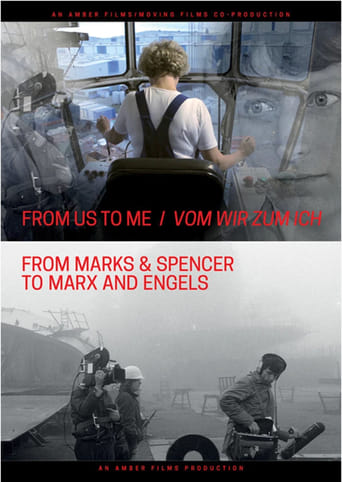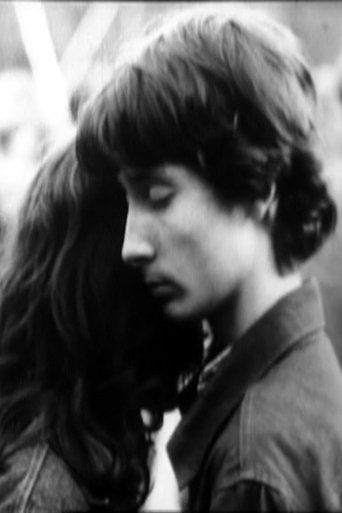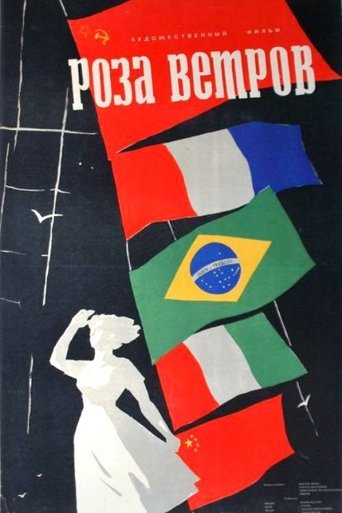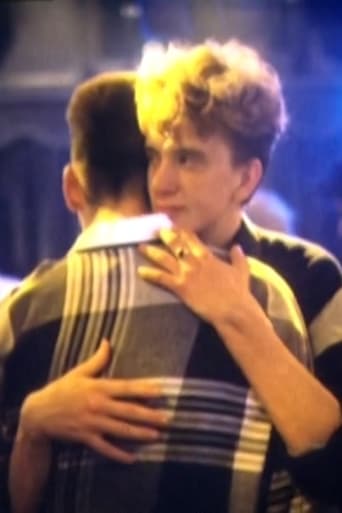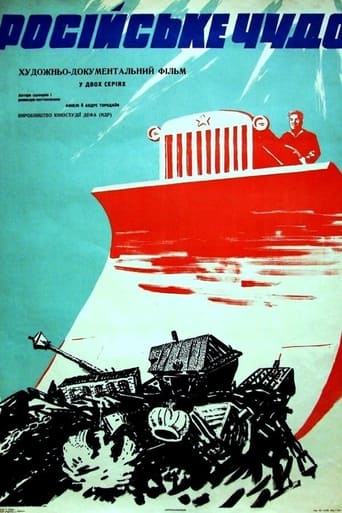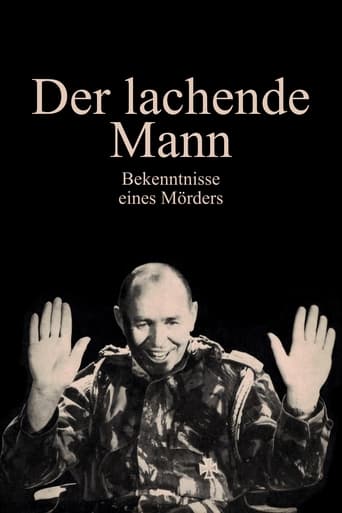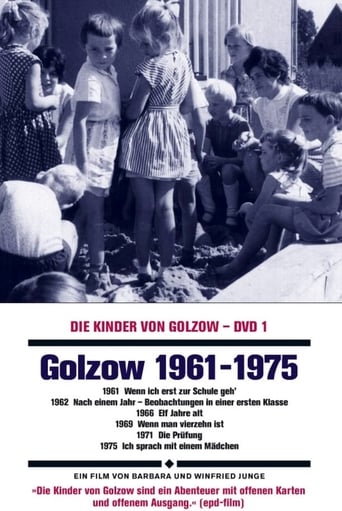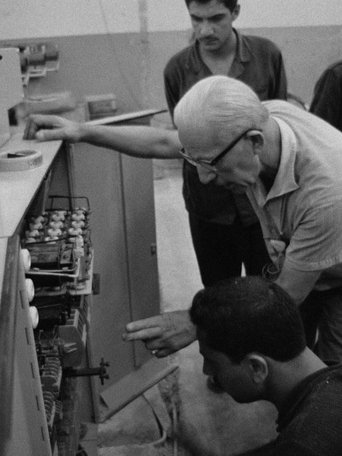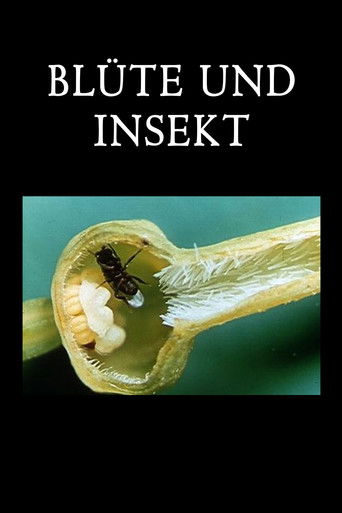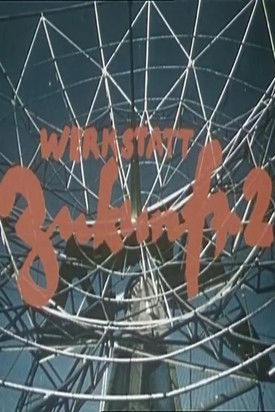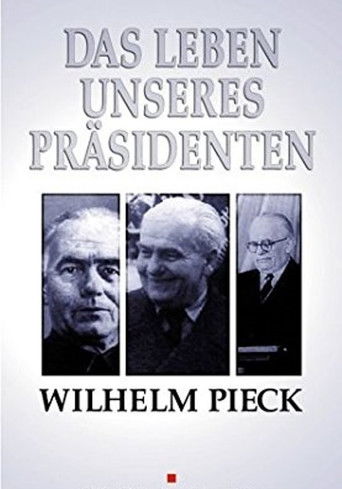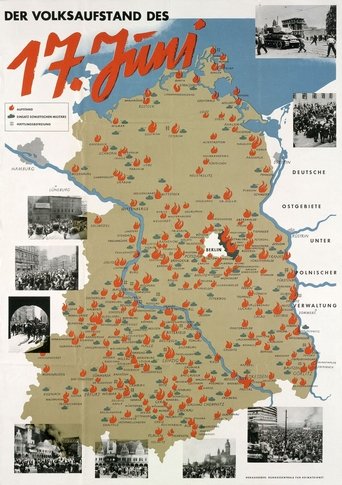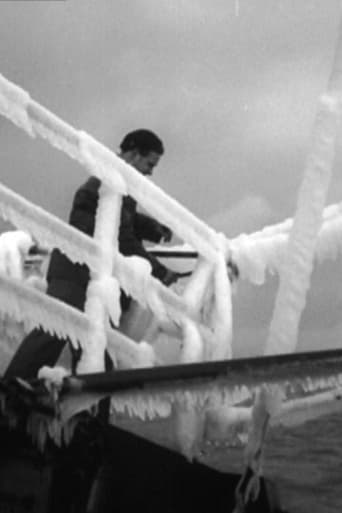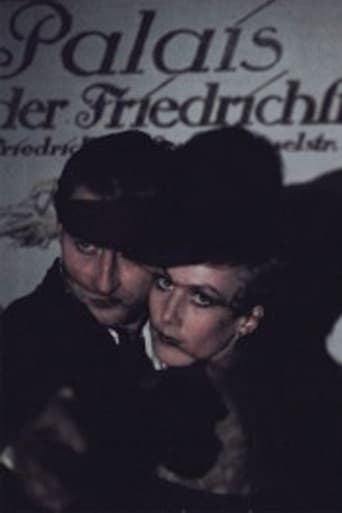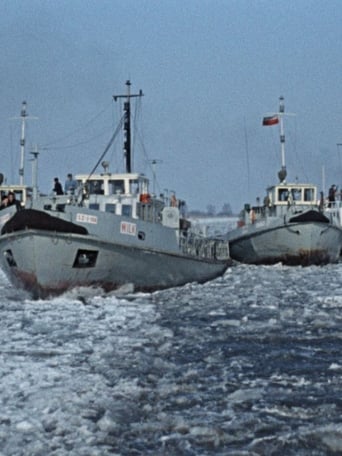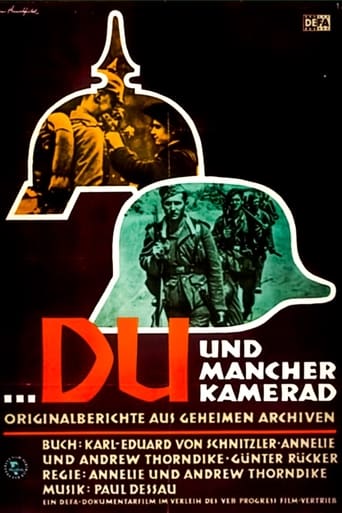DEFA-Studio für Wochenschau und Dokumentarfilme
From Us To Me / Vom Wir zum Ich 1988
This first co-production between the GDR and Great Britain is intended to contribute to an understanding of the situation and attitudes of millions of working people in opposing social orders. Using the example of shipyard workers, fishermen, the brigade and family of a trade union active cook and unemployed person of various ages and professions in Newcastle on the one hand and a brigade of crane operators of the Warnowwerft and fishermen of the Warnemünde cooperative on the other hand, insights into the way of life and attitudes of people of our time are to be conveyed.
Geschlechtskrankheiten 1982
The film draws attention to the spread of sexually transmitted diseases, especially among adolescents and young adults, and identifies partner changes and alcohol as factors that promote the spread. As basic preventive information about the sexually transmitted diseases gonorrhea and syphilis, the film explains symptoms in men and women and possible consequences such as permanent infertility or agonizing infirmity.
The Wind Rose 1957
An international anthology about the struggles of female workers around the world.
Die andere Liebe 1989
The only documentary ever made by DEFA on the topic of homosexuality was this public education film commissioned by the Hygiene Museum Dresden and produced in cooperation with East German gay and lesbian activists. In interviews, GDR lesbians and gay men talk openly about their first sexual experiences and coming out. Though the film tries to convey an official GDR acceptance of homosexuality, they also talk about social discrimination against openly gay individuals.
Das russische Wunder 1963
Der springende Punkt 1987
Archive footage of bomb detonations during the Second World War combined with abstract graphic elements which show the destructive potential of modern nuclear missiles. Together the images are a silent warning of armament and war.
The Laughing Man 1966
Posing as West German journalists, East German documentary filmmakers Heynowski and Scheumann pay a visit to the notorious Nazi-turned-mercenary Siegfried “Kongo” Müller, pump him with booze, and get him to talk about his life and war campaigns in Africa.
Die Prüfung 1972
The final exam of sixteen and seventeen year olds at the end of the 10th grade. The individual in the minutes in which he is supposed to show what he can do and who he is. A last class party before the community ends and one goes apart.
In Syrien auf Montage 1971
The film is a reportage showing the help of workers from the GDR in the industrial reconstruction of Syria. We witness the friendly relationship between workers from both countries, who are jointly involved in the construction of the cotton spinning mill in Homs. In impressive pictures the exoticism of the environment and the mentality of the Syrian hosts is shown. At the same time it becomes clear that the workers from the GDR become 'ambassadors of the GDR' through their collegial behaviour and good work.
Blossom and Insect 1965
The film proves that the apparently ideally and extremely purposefully coordinated relationships between flowers and the insects that pollinate them are nothing other than the result of a very long period of natural selection and mutual adaptation. Phenomena that contradict the preservation of the species must die off. The example of the bee and the red clover illustrates that contradictory relationships can be cultivated artificially.
Werkstatt Zukunft II 1976
Wilhelm Pieck - Das Leben unseres Präsidenten 1952
Basing his work on documentary material, Andrew Thorndike tells the life story of Wilhelm Pieck: from young worker to fighter for the German working class, and from enemy of national-socialism to the first president of the German Democratic Republic.
DDR: Der Aufstand vom 17. Juni 1953 1990
"GDR The uprising of June 17, 1953" - : Since its founding, the German Democratic Republic (GDR) has repeatedly struggled with domestic political problems. While the standard of living of the population in the western part of Germany steadily increased, it stagnated in the GDR . A one-sided, industry-oriented reconstruction policy, coupled with rapid militarization, weighed on the country's economy, which was already under pressure from Soviet reparations demands. A majority of the population did not identify with the socialist system, which accordingly stood on shaky ground.
Wieder in Wittstock 1976
Volker Koepp's second Wittstock film.
Vom Alex zum Eismeer 1954
Five cameramen of the DEFA travel with the trawler ROS 206 to its fishing grounds in the Arctic Ocean. The journey to the grounds takes 5,5 days. Day and night the nets are thrown out and pulled aboard again when they are full. After three weeks of hard work the trawler returns to its home port. Here the fish are loaded into refrigerator cars, and the sailors enjoy some days of wll-earned rest.
Tango 1985
A brief history of the emergence and artistic innovations of tango in 19th-century Argentina and Europe. The film offers a mosaic of tango melodies, art works, dance performances, historical footage, photographs of Buenos Aires at the turn of the 20th century, and texts by Celedonio Flores and Enrique Santos Discépolo.
Auf der Oder 1970
Du und mancher Kamerad 1956
Found footage documentary about the rise of the nazi party and the second world war.
Feinstahlwerk Burgas 1989
Documentary about a neck mill in Bulgaria

